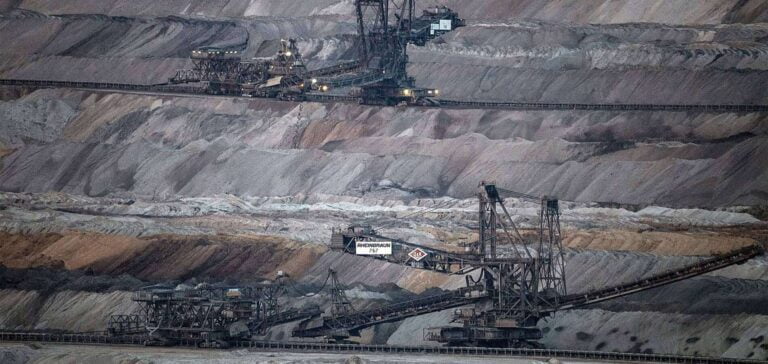The new coalition that is to take over the reins of Germany announced on Wednesday that it wanted to speed up the phase-out of coal and bring it forward to 2030 “ideally”, instead of 2038, according to the agreement reached between the three parties.
Coal phase-out in 203 rather than 2038
“Ideally, this should be achieved as early as 2030”, say Social Democrats, Greens and Liberals in their contract, stressing that “this requires the massive development of renewable energies” and implies “the construction of modern gas-fired power plants to cover growing electricity and energy needs over the next few years at competitive prices”.






















